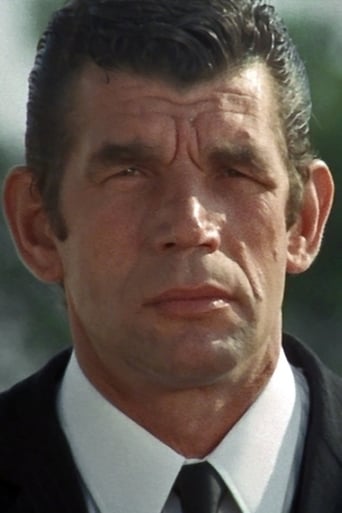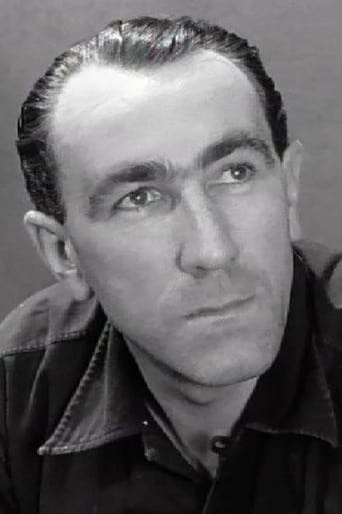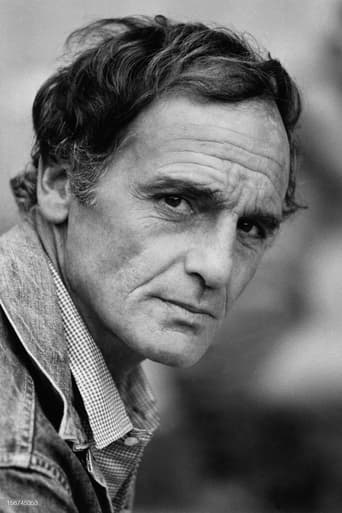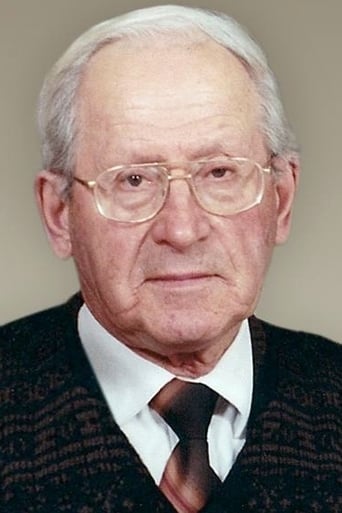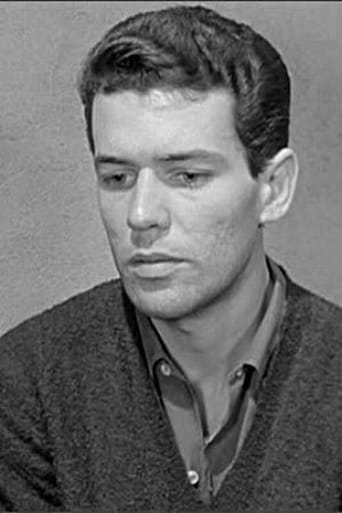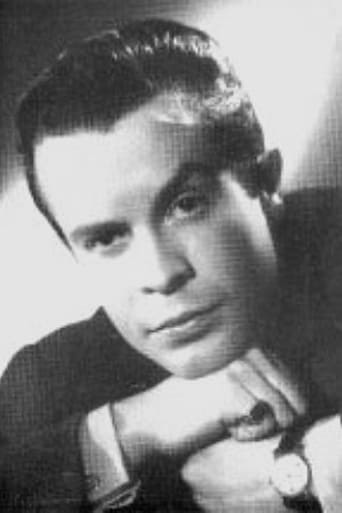Hellen
I like the storyline of this show,it attract me so much
Redwarmin
This movie is the proof that the world is becoming a sick and dumb place
BootDigest
Such a frustrating disappointment
FirstWitch
A movie that not only functions as a solid scarefest but a razor-sharp satire.
Bliss Quest
Without a doubt, the authenticity of this film lies in the fact that the director chose to use real players of the actual event. Needless to say, this is a very well crafted piece of art, and as another reviewer put it: "The God is in the details". The acting is not top-notch, but this weakness simply exposes the real genius of the director. The situation itself overshadows all the individual players, and that's what the audience is compelled to focus on.Thank you and RIP Jacques Becker!!!
Richard Chatten
It was bold indeed of Jacques Becker to make another prison escape film so soon after Robert Bresson had created the genre's masterpiece, 'Un condamné à mort s'est échappé' (1956); but the gamble paid off handsomely.Like Robert Rossen's 'Lilith' (1964), 'La Trou' seen in isolation looks more like the debut of an exciting new talent than the valediction of a veteran in his fifties about to be taken before his time. Released shortly after Becker had died of a heart attack aged just 53, when confronted with such a fresh, modern-looking piece of filmmaking one is vexed by the question of where Becker would have gone next, which we shall never know. The film remains unusual for its lack of a music score (composer Philippe Arthuys, significantly, is actually credited at the end with 'Illustration sonore'), and I can even forgive this film for setting a deplorable precedent by being possibly the first to have no credits at the start; they all come at the end, to the accompaniment of a simple piano arrangement of Rubinstein's 'Melody in F' which may have been intended as discrete mockery on Becker's part of the grandiose use of Mozart's 'Mass in C Minor' at the conclusion of Bresson's film.Jean Keraudy, a veteran of the original escape, segues smoothly into the uniformly excellent cast; while among the staff, Jean-Paul Coquelin has a beguiling air of dry good humour in his scenes as the cell block lieutenant.
Koundinya
How could anyone sit and watch a movie at the edge of their seats for the whole running time of the movie without the slightest clue as to what might happen next and flicking few beads of sweat after tense scenes? Well, i just did.This movie is by far the most thrilling movie i've ever seen. The plot is simple- four men plan to escape from a prison. How they execute their plan is what enthralled me. They are lead by Roland, an expert in forging keys, digging burrows, listen to the unheard, and is the chief planner of the escape route having through knowledge of the map of the prison. They safely conceal the burrow they dig under their room with stacks of cardboard and with every passing day they explore the unexplored routes through the uninhabited regions of the prison and all the men share the workload equally. The final frontier between emancipation and incarceration is a concrete wall that would lead them to the sewer which goes a couple of lanes past the prison. The dig an alternate route which is 10-foot long and after days of strenuous work they finally breach it. When they feel the next night is the opportune time to break-free, they are caught on time by a cordon of cops and are sent to solitary cells thanks to the information drawn from their new inmate Claude, who takes the bait laid by the Warden and blots out the clandestine plan of his new roommates.A movie that deserves the appreciation of all the movie critics and cinephiles in the world.
tieman64
Jacques Becker's minimalist and effective "The Hole" tells the story of five prisoners, housed in a French prison during the late 1940s, who plot to dig a tunnel and so escape confinement. Becker would use mostly non-actors for the film's central roles, and seems heavily influenced by both Bresson's "A Man Escaped" and the "prisoner of war" movies of Jean Renoir, a director for whom Becker was an assistant. Becker would die of a heart attack shortly after completing his film."The Hole's" characters are an odd bunch, some sentenced for murder, some mysteriously aloof, some from privileged backgrounds and some suspiciously regarded by others as being untrustworthy at best, prison spies at worst. This all strongly recalls Bresson's (superior) "A Man Escaped", in which a character frets over whether or not to trust or kill a cell mate prior to proceeding with his plans for escape. Bresson's hero decides to trust, there are no betrayals, and the film eventually celebrates the prospects of humanity (the escape would have failed without our hero trusting his fellowman). Becker's film, however, presents the more sour, cynical flip-side to Bresson's; it's a film about disloyalty and the impossibility of solidarity."The Hole's" cinematography, by Ghislain Cloquet, also recalls Bresson's work, which was likewise gracious and almost saintly. And like "A Man Escaped", Becker's film features a heightened use of sounds; the chipping away of concrete, the scraping of metal, heavy breathing and long, tense silences. His plot and tone are wonderfully minimalist, recalling Dassin and Melville's work during the period. Melville would regard "The Hole" as a personal favourite.8/10 – Worth one viewing.

